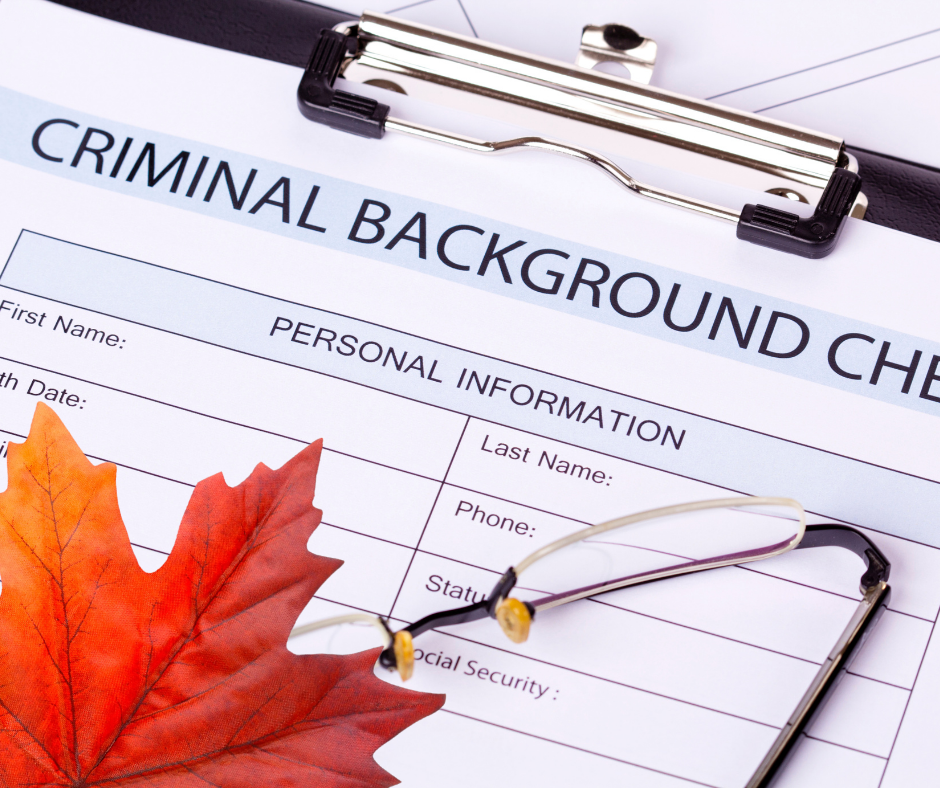This is where many people run into problems. It is absolutely vital that you submit…
Police certificates can cause a lot of problems for applicants. Not only must the correct document be obtained, but it must then be submitted to IRCC correctly as well. IRCC publishes some very helpful instructions for obtaining police certificates from each country here.
Some countries require a letter from IRCC requesting a police certificate before it will be issued. In these cases, IRCC will accept the application without the certificate, and will then issue a letter once processing has begun. If you need to submit a police certificate from a country that requires this procedure, you will find a note in the IRCC instructions to that effect.
Generally, applicants are not required to submit a Canadian police certificate, even if they have been living in Canada for more than six months when the application is submitted. However, IRCC may come back to the applicant after submission of the application and request one. This can happen for various reasons. For example, if IRCC receives information from the RCMP that someone with a similar name has a criminal record, IRCC will request a certificate from the applicant to make sure they are not that person.
Once you receive the police certificate, it is worth checking the IRCC instructions again to ensure that the correct document was received. If you have the right certificate, you can then submit it to IRCC. If the certificate is in English or French, submission is relatively straight forward: You would just enclose the original certificate if you are submitting your application in paper form, or submit a colour scan of the certificate if you are submitting the application online.
If the certificate is in a language other than English or French, it will need to be translated before it can be submitted. This is where many people run into problems. It is absolutely vital that you submit an unmarked colour scan (for online applications) or the original, unmarked certificate (for paper applications), as well as the translation package. The translation package needs to have three components: (1) a translation of the document into English or French; (2) a copy of the original, untranslated document, which has been stamped by the translator; and (3) a statement by the translator that the translation is authentic, which may be on a sperate page or which may be printed on one of the other documents. If you submit only the translation package, IRCC will reject the application, even though the translation package contains a stamped copy of the police certificate. This is because IRCC knows exactly what the police certificates from each country should look like, including both the markings and the colours used on the page. They need an unmarked police certificate in colour in order to ensure that they are looking at an authentic document. The translation package then needs to include a copy of the police certificate, so that IRCC can see the document that the translator was looking at when making the translation.
Sometimes applicants will already have an older police certificate that they wish to submit with their application. This can work, if you have the original and if it has not expired. The general rule of thumb is that a police certificate will expire six months after it is issued. This is true even if you only lived in a country for a few days after the certificate was issued. However, if the certificate was issued after you stopped living in a country, it will not expire and you may be able to use it in a future application. Some IRCC programs set different requirements though, so it is important to be familiar with the requirements for your specific program before deciding whether or not to use your old police certificate.
Overall, ordering police certificate and submitting them to IRCC can be straightforward process. As with other immigration-application-related issues though, identifying the pitfalls and avoiding them is crucial to success.




